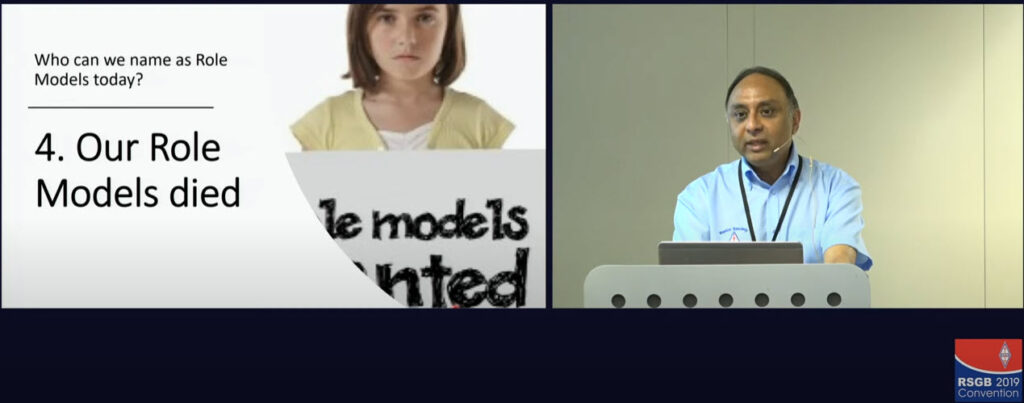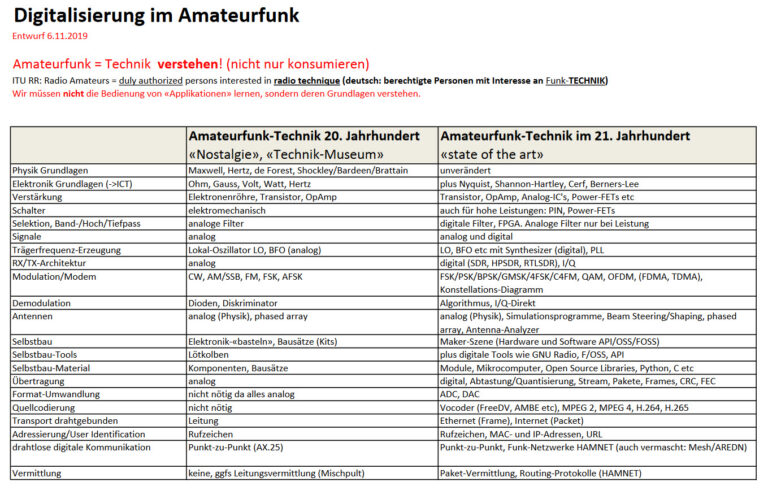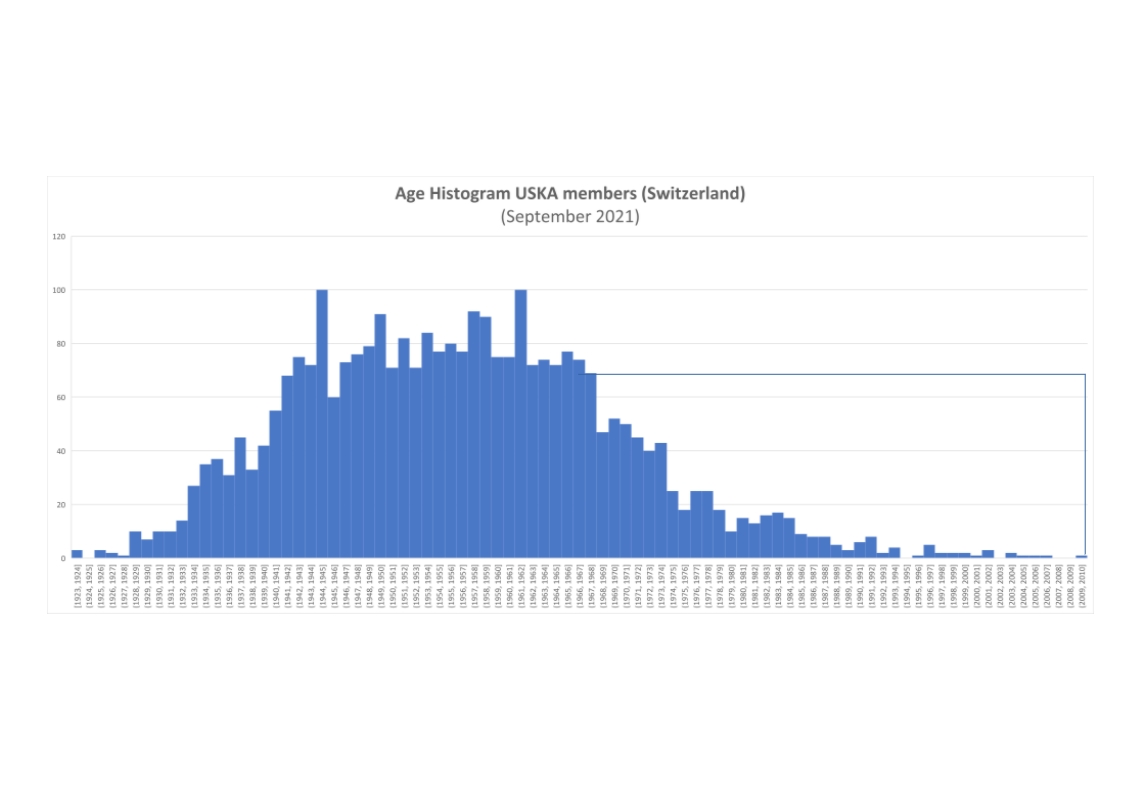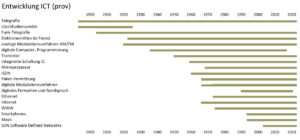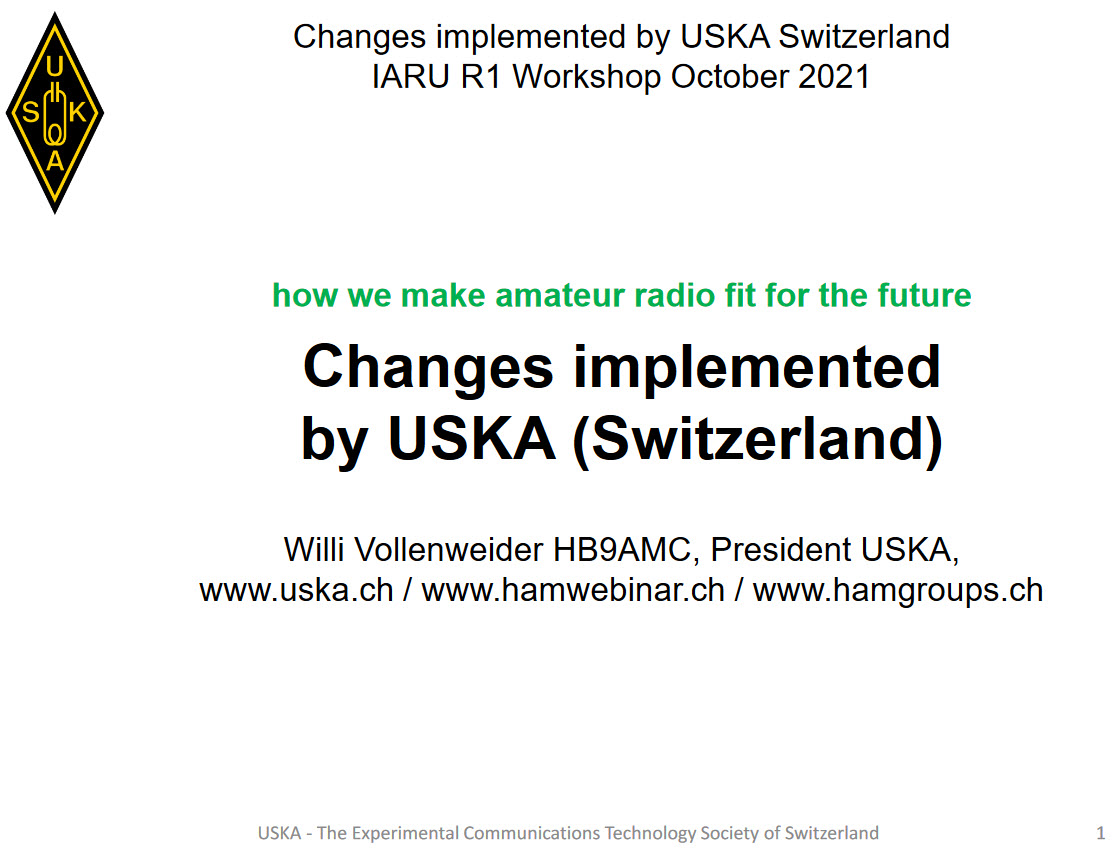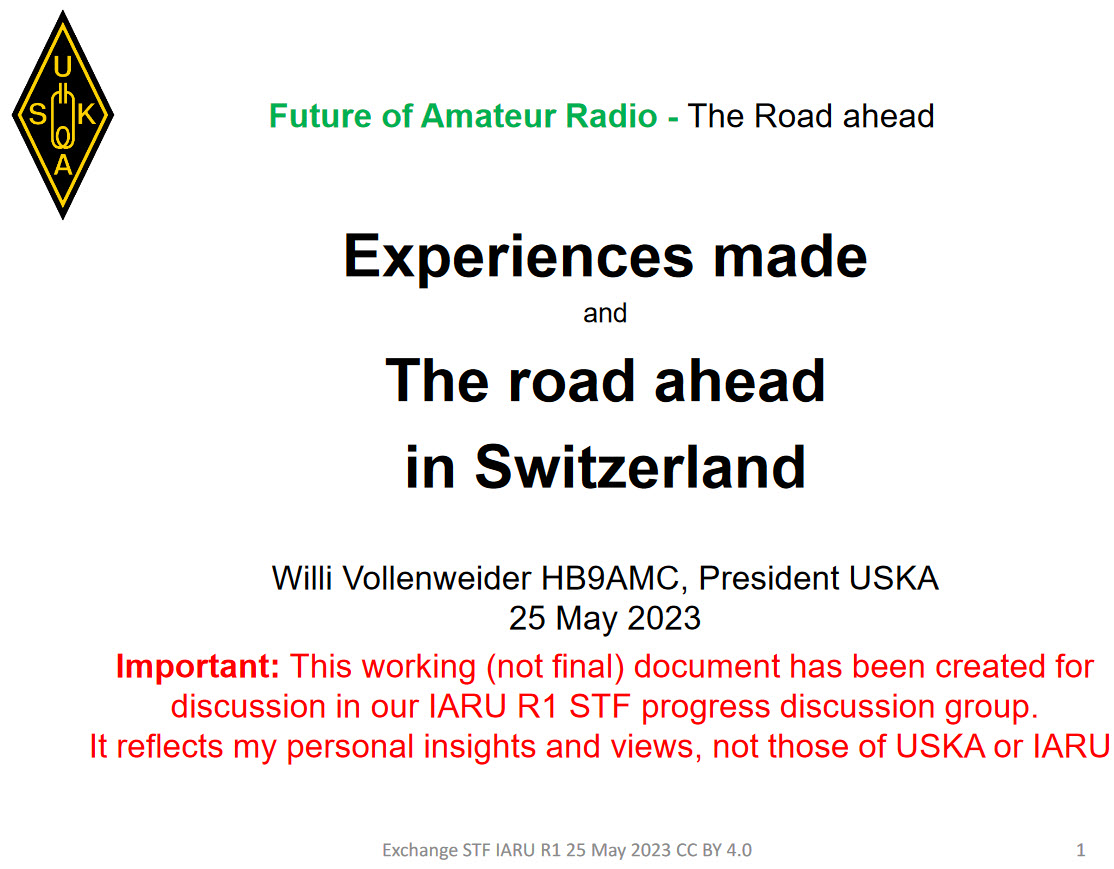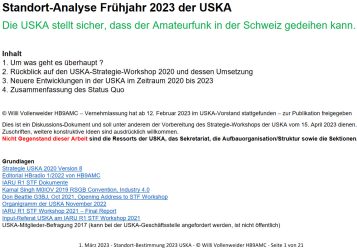english
How „Amateur Radio“ lost its appeal and public perception
Starting around 1920, the hobby „Amateur Radio“ attracted many people who were interested in then revolutionary wireless communication technology. For many decades, radio amateurs were able to keep pace with rather slowly advancing technologies. Analogue, of course. Radio amateurs were esteemed for their technical skills and knowledge, and therefore in high demand where such qualification was sought after: military communications, police, radio and TV broadcast, studios, security, regulators, colleges and universities and the like.
With the emerging digital and microprocessor technologies in the 1980s and 1990s, allowing affordable digital signal processing technologies, most older radio amateurs were unable to follow. Associations and local clubs became senior citizen organisations, of no use for younger people who are of course not interested in their games or in museum technologies.
Most unfortunately, amateur radio organisations did not take decisive action in time. Self complacency is widespread even when realizing the complete absence of members below age 40. Lacking modern technical knowledge, clubs shifted their focus to consuming/operating/gaming – which is completely unattractive to young MINT-minded people.
Completely misunderstanding reality, IARU executives decided to start a covert operation in Switzerland „IARU-Cham“ aiming to deceive partners such as ITU and CEPT.
„Amateur Radio“ – once relevant in the public eye – has lost considerable recognition. Regulators failed to change licensing exams to state-of-the-art digital technology, such massively devaluating a formerly demanding exam.
Innovative groups have been starting to spin off for quite some time. We are but one of them. As a start-up, we do not have to care for any legacy or obstructive behaviour. Because of their rather damaged public reputation, we do not market ourselves as „radio amateurs“.
„Wake up Calls“ but nothing happened
Wake up call #1
At the General Conference 2005 of IARU International Amateur Radio Union (the Connecticut U.S.A. edition) in Davos, Switzerland, Bob Whelan presented a very important paper titled „A Foresight Project„.
The importance of this wake up call was not understood, neither by IARU nor its member societies. Subsequently, a Youth working group was started, which did not begin with the proposed and needed radical change, but rather preferred to motivate youngsters for long outdated activities. This effort failed.
Wake up call #2
Another wake up call came from british radio amateur Dr Kamal Jit Singh MØIOV with his remarkable speech „The future and growth of Amateur Radio„ at the RSGB convention 2019. Spot on!
Please note Kamal’s remarks on the Youtube page:
«There was a time when amateur radio was at the leading edge of technological innovation and pioneered important telecommunications breakthroughs. Year by year, our importance, strength and contributions started to decline. Our appeal began to deteriorate as the digital world overtook us and we struggled to remain relevant. We thought digital might be the distant future, but it was actually the present. The more the world progressed with mainstream technologies, the deeper we withdrew into our secluded niche, often citing the mantra “that isn’t radio”. The world over, amateur radio is facing the challenge of attracting new blood into its community. … (continued in right column)
…..Can we reverse this tide, or will we be relegated to the annals of obsolescence? This session explores an alternative history and suggests some controversial ways to move forward.»
Similar to Bob Whelan’s wake up call, this speech was barely noticed, and certainly not understood at all.
Wake up call #3
The next wake up call originated from Don Beattie, the IARU R1 president.
Citation start
«The “amateur radio” that we often talk about today is quite often the “amateur radio” of the past. (1:22)
In short, I think we need a “relevant product” to offer to today’s generation. (1:54)
There is a real risk that we are walking towards extinction as the pressures on the spectrum increase.
(3:20).
Member societies will need to take a hard look at their leadership teams, and decide whether that team
has the commitment, energy and determination to carry their society forward. (6:06)
Change is always difficult. Leadership is particularly challenging when there is transformational change
to achieve. (8:58)»
Citation end
During that conference, Don repeatedly begged member societies to refrain from intensifying „Marketing“, before the „product has not been repaired“.
For much too long, we tried to sell an un-sellable product!
Huge marketing efforts in Switzerland – little effect
When I joined USKA board in 2010, I believed that our hobby to be very appealing to young people interested in science and technology.
Based on this naive assumption, we invested huge amounts of time and money into marketing activities. Such as
- large booth at big consumer fairs in Basel (2011) and St.Gallen (2013).
- several presences per year at MINT sections of large public fairs (tun…)
- several ISS contacts at large gymnasiums/highschools ans Scout camps.
- bimonthly A.R. demonstrations of Amateur Radio at gymnasium MINT workshop days (tecDay.ch)
- specialised website for youngsters jugend.uska.ch (now stopped)
- only once did we succeed to participate at IARU’s YOTA summer camp.
- moderate number of media releases when appropriate (ISS, Scout, WARD etc) produced some presence in print, radio and TV.
- our political lobbying maintained personal contacts to several members of our national parliament.
Bob Whelan, Kamal Singh and Don Beattie were correct.
A recent age histogram of our membership proves that we were wrong. Our national amateur radio society has almost no members below the age of 40.
I tried for several years to persuade our management team of the utmost urgency of decisive measures. Neither at board level, nor at the membership base did I succeed.
I published an editorial in January 2022 to inform members that our national society will expect another spin-off, as has already happened on two occasions in the past
Ignorance, self complacency and in some instances, malign obstruction ended up in a „heads in the sands“ policy. The situation has now become „beyond repair“, as in most other national amateur radio societies.
how our world changed completely around us
We are the guardians of our non replaceable natural heritage of 10% of the whole radio spectrum. Would we not succeed in a radical change, we will loose our privileges.
As we all know, „traditional“ shortwave Ham Radio is only a very small fraction of the vast field of wireless experimentation at our fingertips!
After around 1960, Amateur Radio failed to keep pace with digital technology knowledge. By now, most organisations are beyond repair and will vanish by themselves.
We have to restart from scratch!
As proposed by Kamal Singh and Don Beattie:
only radical change can save us from decay and oblivion.
It is not „operating“, „consuming“, „constesting“, „diplomas“ and the like that we have to save, but more intelligent activities must save our spectrum privilegies as accorded by ITU/UN.
Oldfashioned, traditional short wave Amateur Radio organisations did not have the leadership nor the will of its (overaged) members to adapt to the 21st century.
It is very damaging that those „old guards“ represent their completetely outdated version of Amateur Radio in the public and at international conferences.
Due to this, we already lost several band allocations. ITU and CEPT among others have a wrong perception of what „Amateur Radio“ really is, or can be!
experimenters.ch is built from scratch, making use of the tremendous work and insights of the past few years.
- we are „experimenters„
- wireless communication technology is our scope of interest, making use of the whole radio spectrum
- we are a community, both online and in person
- we are 21st digital technologies
- we focus on learning every day, gaining experience by building projects/kits individually or in groups
- we fight politically for our rights of experimentation and spectrum assignments
- we will be relevant
Learning
The aim of this website is learning for education, for work and for life.
There are many offers on the web, we separate the wheat from the chaff!
Experimenting
Building, tinkering and experimenting is fun.
Often things don’t work straight away. In our community you will find colleagues who can certainly help you further !
Certified !
Your new abilities/skills can be confirmed by recognised examinations. Certification brings real benefits and recognition in school, at work and with employers!

